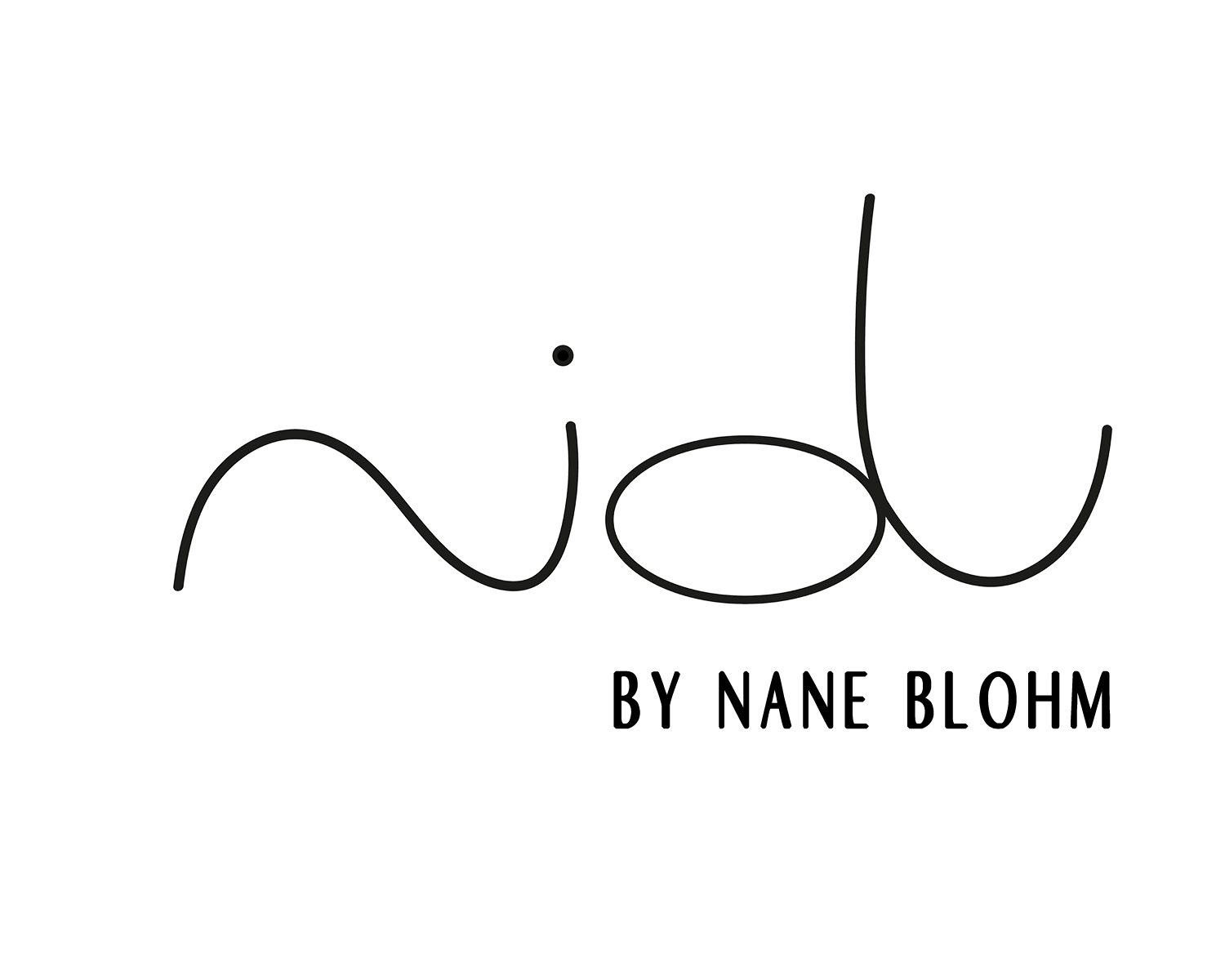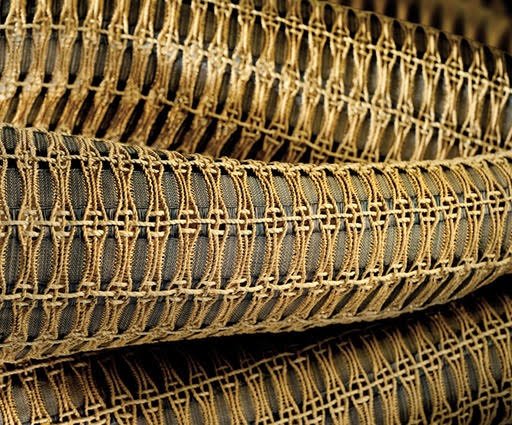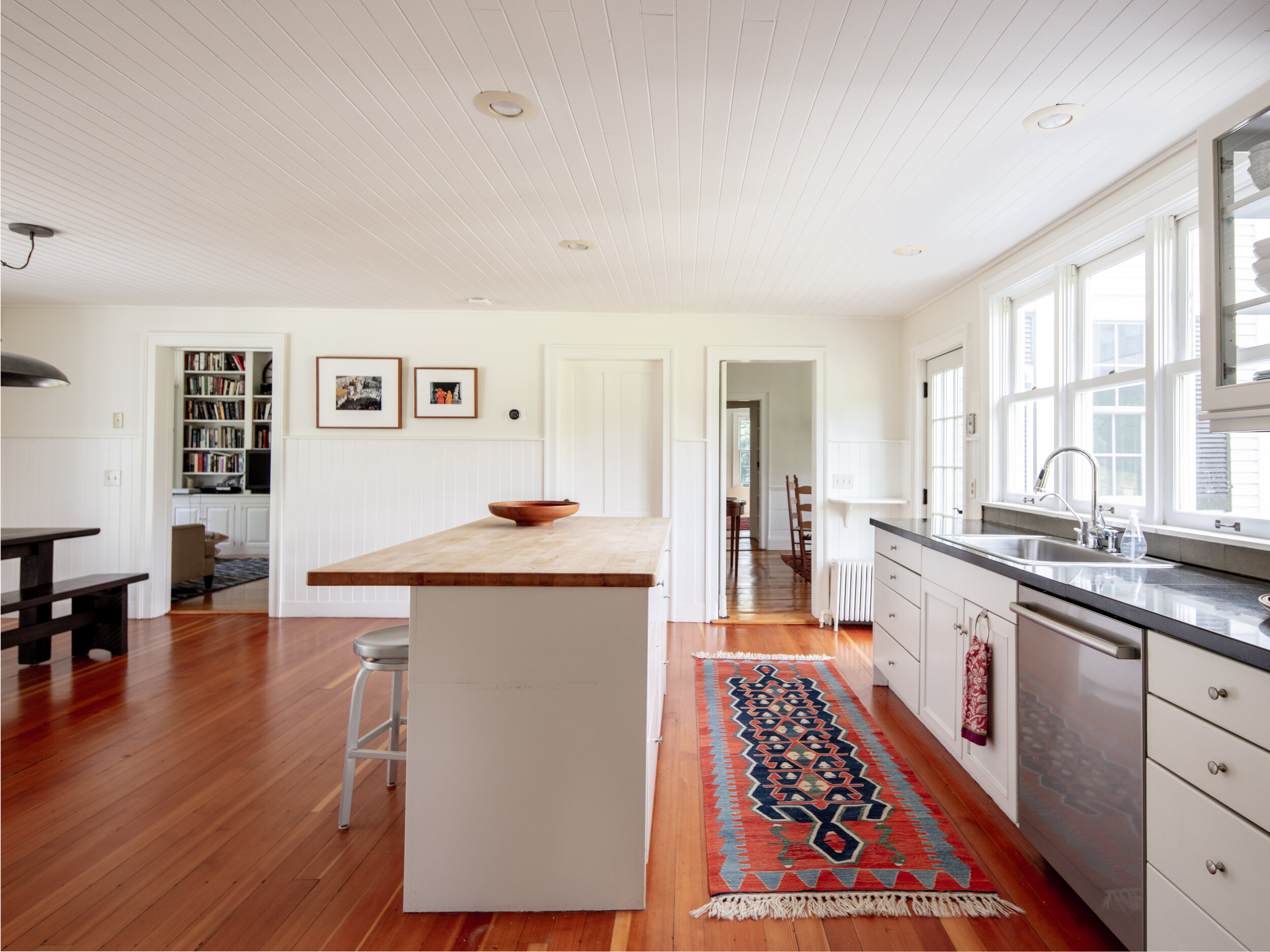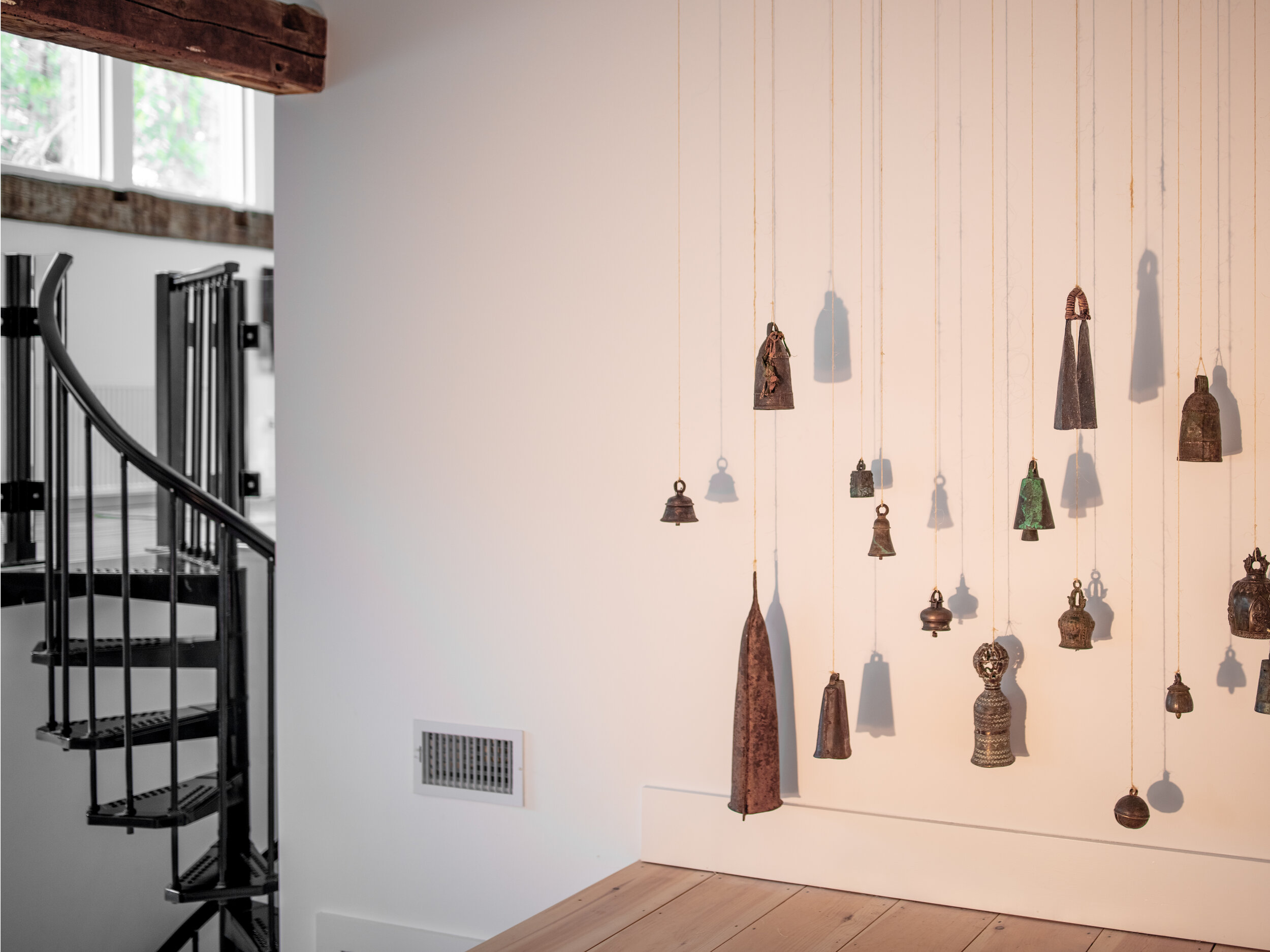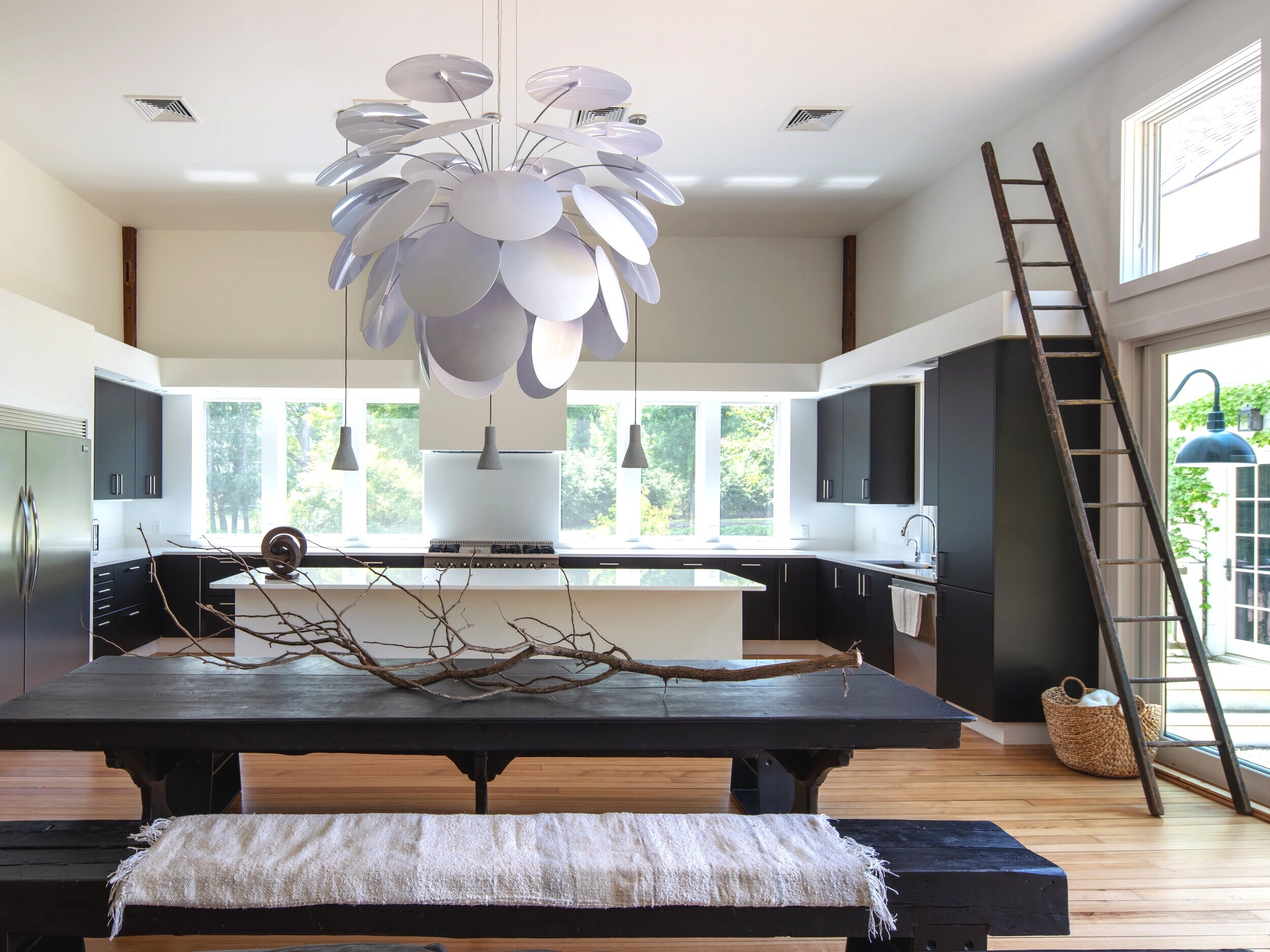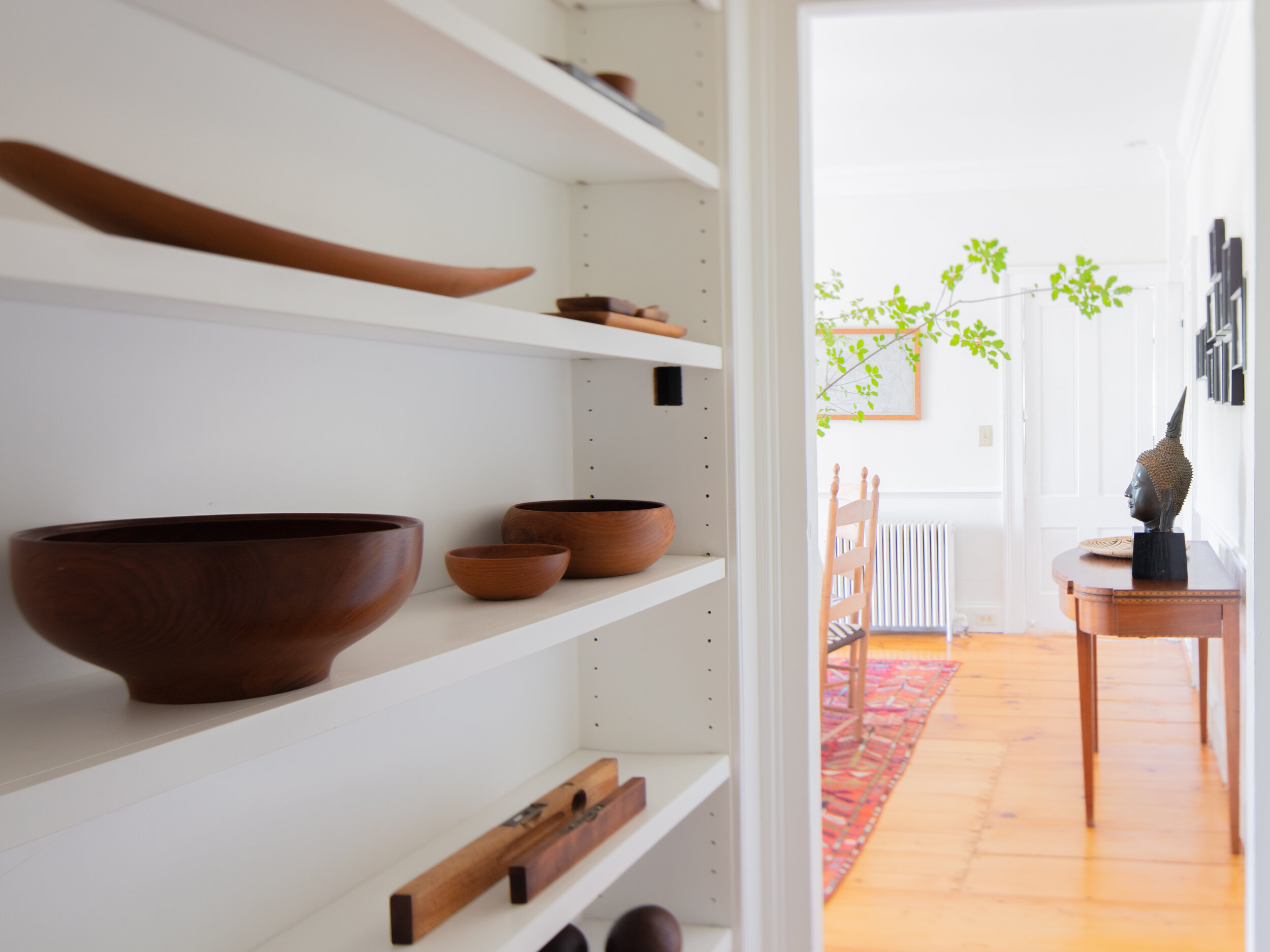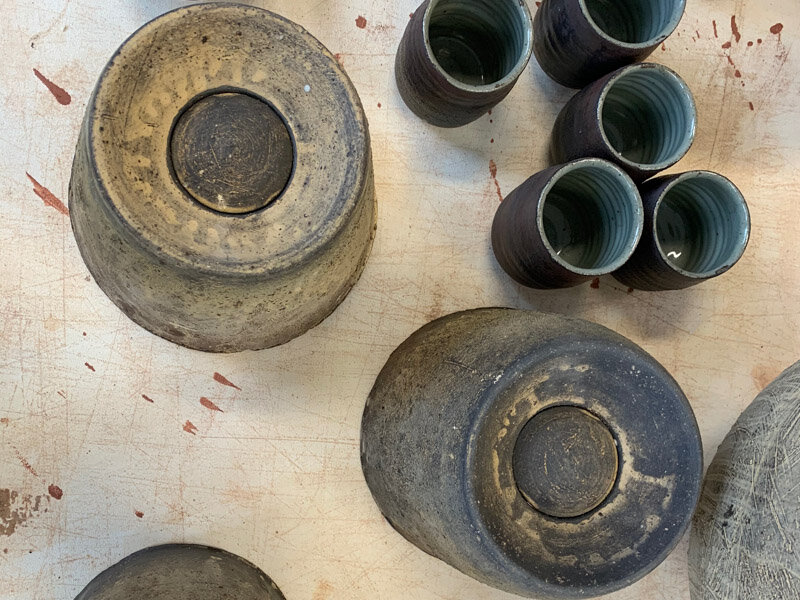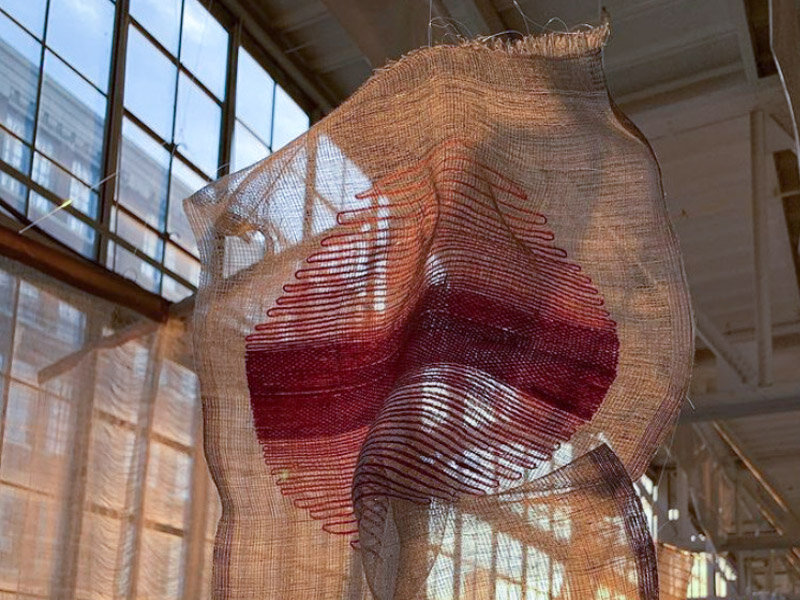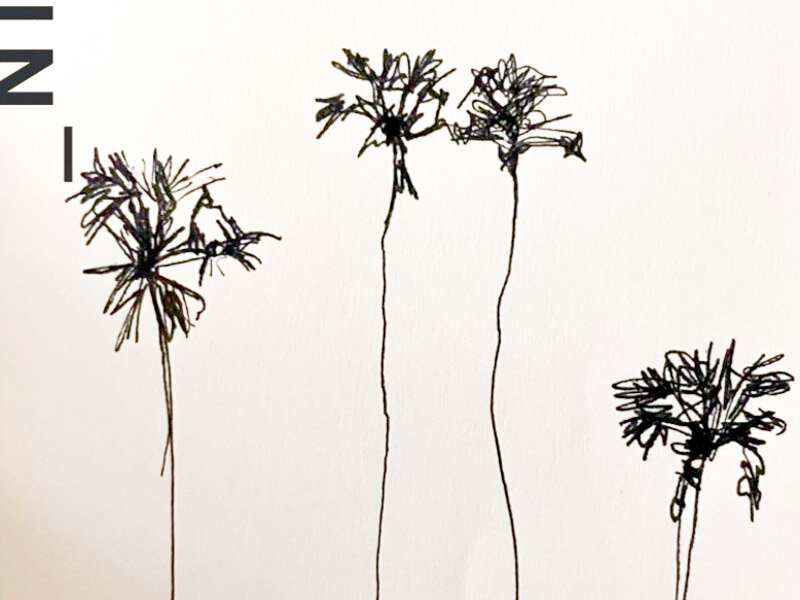A Reflection on Community and Connection.
What began as an invitation for quiet reflection quickly became something far bigger — a communal act of connection and beauty.
The concept was simple. We set out a 15ft long and 3ft wide woven net in a public space, alongside yarn of recycled sari silk. We asked people to pause, consider a worry or a wish they’d been carrying, and then cut a piece of yarn to tie or weave into the net. In doing so, each participant contributed to something larger than themselves: a living, evolving textile of shared hopes and burdens.
What unfolded left us deeply moved. Day by day, the net grew more colorful, more textured, more alive. Some stopped for a moment of quiet solitude, while others lingered in conversation. The simple act of tying a thread became a ritual of release, of hope, of connection.
We were touched not only by the number of people who participated, but also by the depth of their engagement. Several local institutions—schools, community centers, and cultural organizations—reached out to us, asking how they might recreate this installation in their own towns. That response affirmed something we have long believed: that beauty, reflection, and connection are universal needs, and that design has the power to meet them in humble yet profound ways.
The materials for this project were chosen with intention. The net was made of jute, a textile often used to prevent erosion—an apt metaphor for what we hoped the installation could do. The yarn, recycled from sari silk, carried its own story of transformation—once part of vibrant garments, now reborn into something communal and new.
We wanted the act of weaving to be not only symbolic but also deeply tied to cycles of resilience and renewal. As designers, we often think about spaces and objects, but at the heart of our work is always the same question: how can design foster connection? Weave Your Worry, Weave Your Wish reminded us that sometimes the simplest gestures—tying a knot, offering a moment of pause—can open the greatest pathways to belonging.
We are profoundly grateful to everyone who participated and to those who want to carry this idea forward. It has shown us that design doesn’t need to be grand to be meaningful. Sometimes it just needs to be an open invitation, a place to rest your thoughts, and a thread to tie them to.
Here in Peterborough, our net still hangs, now vibrant with the layered stories of our community. It is, in every way, a woven tapestry of hope and release—proof that when we come together, our individual worries and wishes can create something unexpectedly beautiful.
